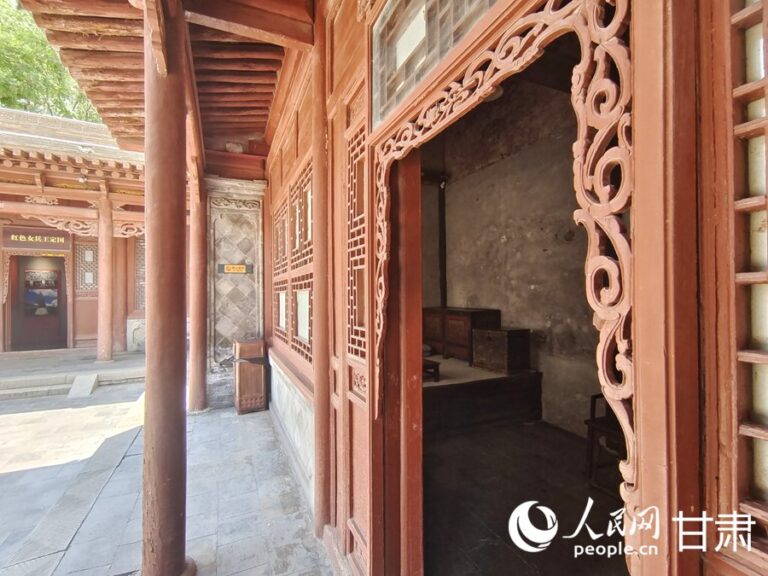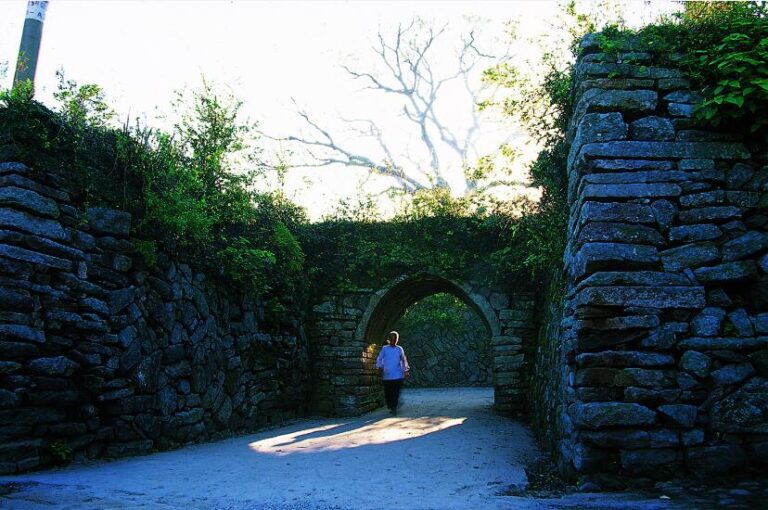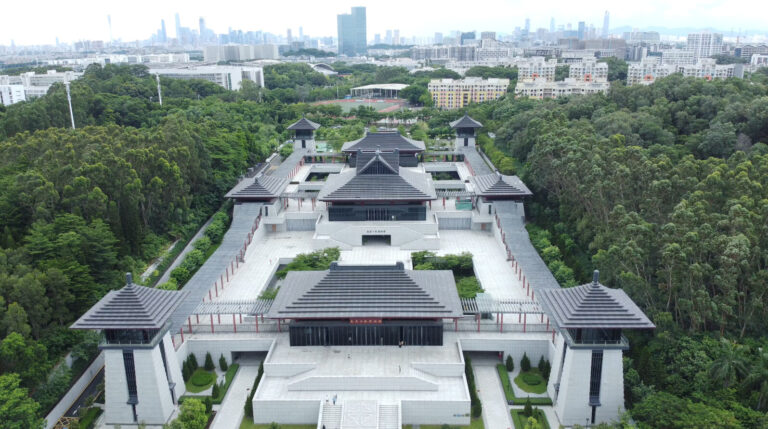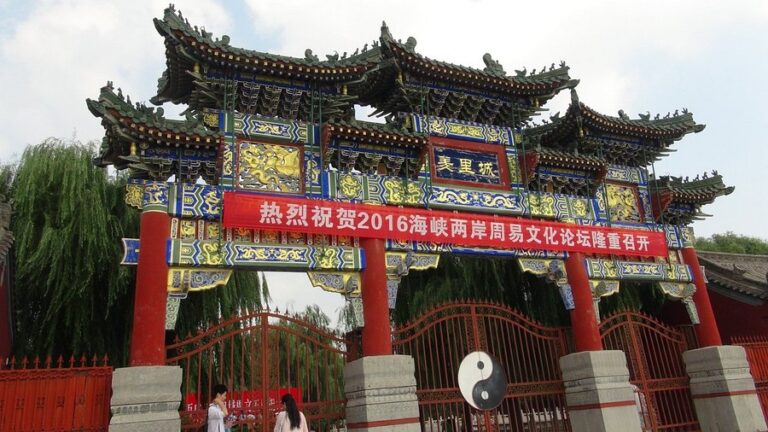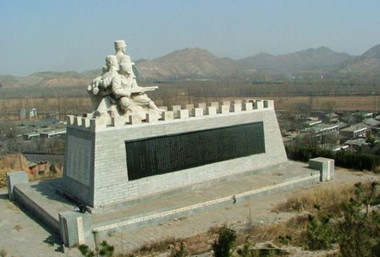Discover the Hidden Gem: Exploring Tonghua Liangmao Muqun in Jilin
An Essential Guide to Visiting Tonghua Liangmao Muqun
In This Guide
- An Essential Guide to Visiting Tonghua Liangmao Muqun
- The Rich History of Tonghua Liangmao Muqun
- Main Highlights: What to See at Tonghua Liangmao Muqun
- Planning Your Visit: A Practical Guide
- Tickets, Hours, and Booking
- How to Get There
- Local Cuisine and Accommodation
- Frequently Asked Questions
- Final Thoughts on Your Trip
Nestled within the picturesque landscapes of Jilin Province, the Tonghua Liangmao Muqun (良茂墓群) offers an intriguing glimpse into ancient Chinese history, particularly from the Han to the Tang dynasties. Recognized as a key cultural heritage site, this burial ground, which was designated as a national protected unit in 2019, showcases the remarkable artistry and architectural prowess of its time.
Located in the charming city of Jianshan, the Liangmao Tombs not only serve as a resting place for historical figures but also as a testament to the region’s rich historical tapestry. Visitors can explore the intricate designs and structures that reveal the burial customs and beliefs of the era, making it a captivating destination for history enthusiasts and curious travelers alike.
As you wander through this ancient necropolis, surrounded by lush greenery and serene landscapes, you will discover the echoes of a bygone age—where the remnants of the past whisper stories of valor, culture, and tradition. Whether you are a dedicated historian or merely seeking a unique cultural experience, the Liangmao Muqun promises to leave an indelible mark on your journey through China’s vibrant heritage.
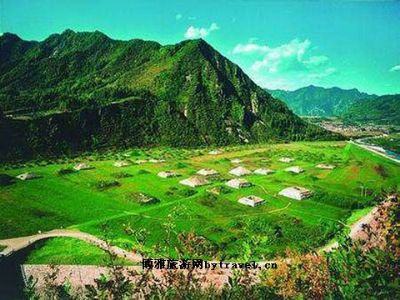
Tonghua Liangmao Muqun.
The Rich History of Tonghua Liangmao Muqun
Nestled in the serene landscape of Jilin Province, the Tonghua Liangmao Muqun, or Liangmao Tomb Complex, stands as a testament to the rich history of the Han and Tang dynasties. Located in Ji’an City, this archaeological site is a significant cultural heritage, recognized as a National Key Cultural Relic Protection Unit since 2019.
The tomb complex dates back to the Han and Tang dynasties, periods which were pivotal in the development of Chinese civilization. The Han dynasty, known for its consolidation of the Silk Road and cultural exchanges, laid the groundwork for significant advancements in various fields, including philosophy, governance, and technology. Following this, the Tang dynasty is often celebrated as a golden age of cultural prosperity, marked by flourishing arts, literature, and cosmopolitanism. The Liangmao Tomb Complex encapsulates elements from both eras, offering a unique glimpse into the burial practices and societal structures of ancient China.
The complex is not just a collection of tombs but a reflection of the sophisticated beliefs surrounding death and the afterlife in ancient Chinese culture. It showcases intricate burial methods, including various artifacts that provide insights into the lives of those interred within. These artifacts, ranging from pottery to tools, underline the importance of everyday items in the afterlife, embodying the belief that such objects could assist the deceased in their journey beyond.
In addition to its historical significance, the Liangmao Tomb Complex is geographically strategic, situated near other notable sites such as the Goguryeo Cultural Heritage Area, which also holds UNESCO World Heritage status. This proximity highlights the interconnectedness of historical narratives in this region, where different cultures and dynasties have left their mark.
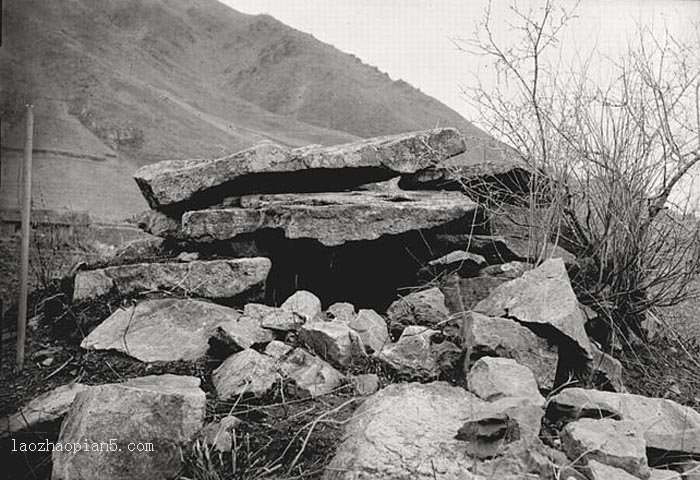
Tonghua Liangmao Muqun.
As visitors explore the Liangmao Tomb Complex today, they are walking through the remnants of a vibrant past, where each tomb and artifact tells a story of ancient lives, beliefs, and the enduring legacy of the Han and Tang dynasties. The site not only enriches our understanding of Chinese history but also serves as a reminder of the cultural significance of respecting and preserving our historical heritage for future generations.
Main Highlights: What to See at Tonghua Liangmao Muqun
Nestled in the picturesque city of Ji’an, Tonghua Liangmao Muqun, or the Liangmao Tomb Group, offers a fascinating glimpse into China’s rich historical tapestry. Dating back to the Han and Tang dynasties, this site is a significant archaeological treasure that underscores the cultural legacy of the ancient Goguryeo Kingdom.
A Historical Treasure
Recognized as a Major National Historical and Cultural Site in 2019, the Liangmao Tomb Group showcases burial mounds that exemplify the intricate funerary practices of the era. These tombs are not only remarkable for their historical value but also for their engineering, revealing insights into the social hierarchies and beliefs of the time. Visitors can explore various tombs, each telling its own unique story through artifacts and structural designs.
Cultural Significance
The Liangmao Tomb Group is part of a broader network of Goguryeo heritage sites that have been designated as a UNESCO World Heritage Site. This recognition highlights its importance in understanding the cultural exchanges that occurred within Northeast Asia. The site serves as a reminder of Goguryeo’s influence, which extends beyond modern-day borders into Korea and beyond.
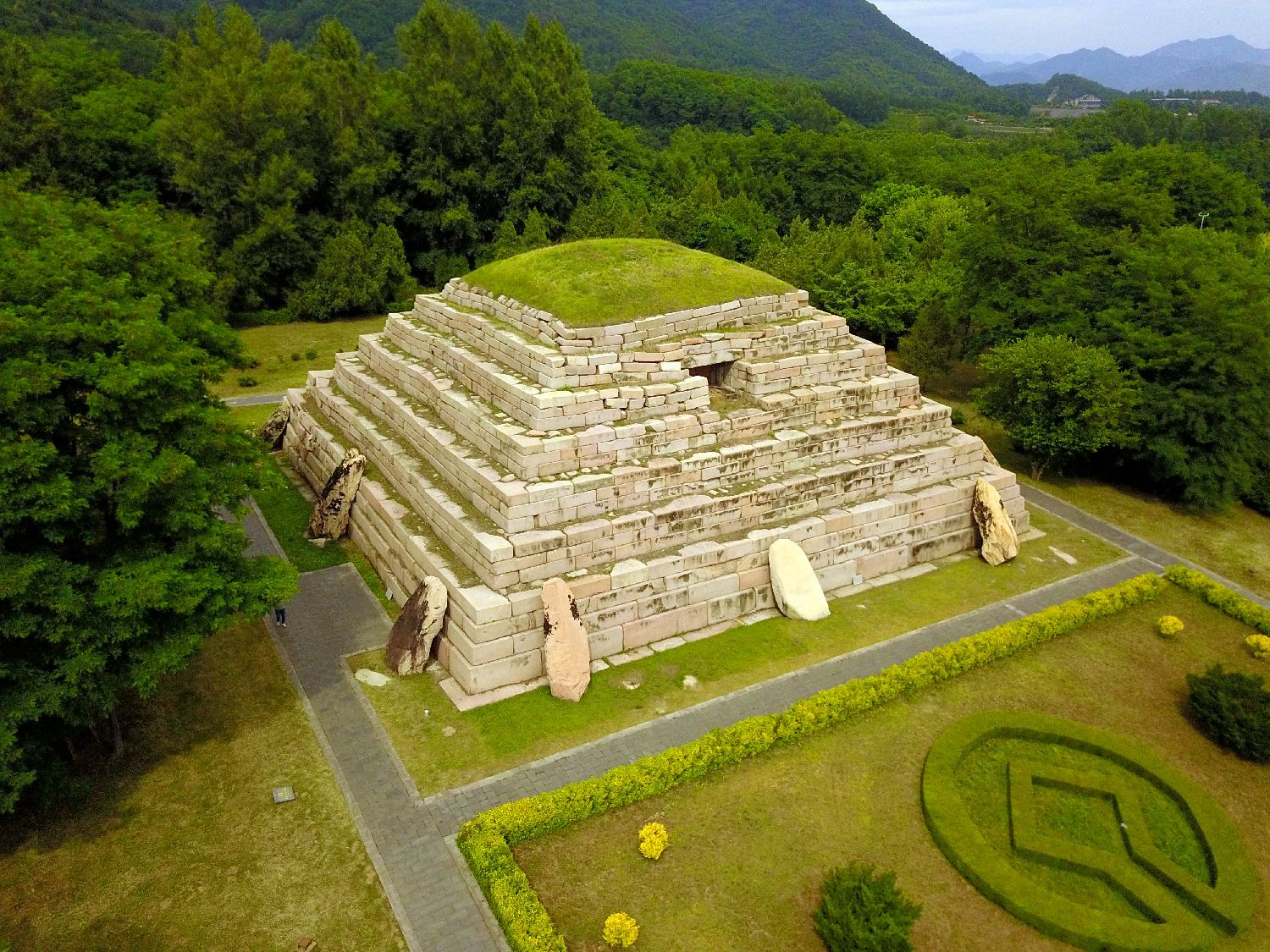
Tonghua Liangmao Muqun.
Scenic Surroundings
The tomb group is set against a backdrop of stunning natural landscapes, making it not only a historical site but also a beautiful destination for photography and leisurely walks. The region’s undulating hills and lush greenery provide a serene environment that contrasts sharply with the solemnity of the tombs.
Nearby Attractions
Visitors to the Liangmao Tomb Group can easily explore other nearby historical sites. The Yunfeng Reservoir Cemetery and various battlefields from the Northeast Anti-Japanese United Army are also within reach, enriching the experience with further insights into the region’s tumultuous history. Nature lovers can enjoy the Ji’an Provincial Nature Reserve and the picturesque Yalu River Border Scenic Area, which offer a range of outdoor activities, from hiking to boating.
Practical Information
The Liangmao Tomb Group is conveniently accessible, making it a perfect stop for travelers exploring Ji’an or the greater Tonghua area. Guided tours are available, providing in-depth information and context that enhance the visitor experience. Whether you are a history buff, a cultural enthusiast, or simply looking to enjoy the serene beauty of the region, the Liangmao Tomb Group promises a memorable and enriching experience.
Planning Your Visit: A Practical Guide
Practical Guide to Visiting Tonghua Liangmao Muqun (良茂墓群)
When planning a visit to the Tonghua Liangmao Muqun, a historical site of significant cultural importance in Jilin Province, here are some practical tips to enhance your experience:
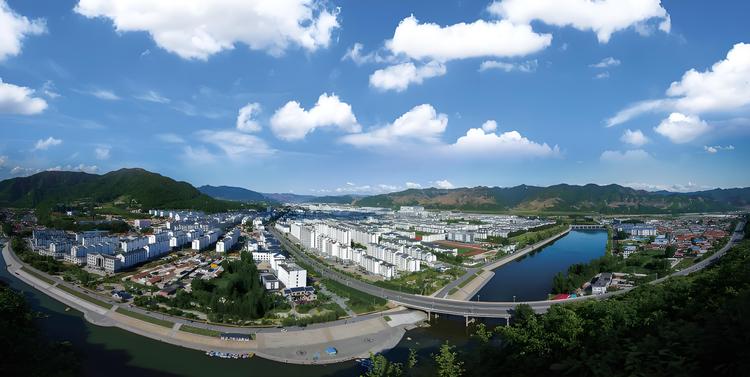
Tonghua Liangmao Muqun.
Getting There
- Location: The Liangmao Muqun is located in Jichan City, Jilin Province. It is easily accessible by road from major cities in the region.
- By Air: The nearest airport is Tonghua San Yuan Pu Airport, which connects to major cities like Beijing and Shanghai. From the airport, you can take a taxi or book a shuttle service to reach Jichan City.
- By Train: Tonghua Railway Station is well-connected, with services from major cities. Trains to Jichan City run regularly, making it a convenient option for travelers.
- By Car: If you’re driving, the roads leading to Jichan are well maintained. Rentals are available in Tonghua and other nearby cities.
Best Time to Visit
- The Liangmao Muqun can be visited year-round, but the best times are during the spring (April to June) and autumn (September to October) when the weather is mild and the landscapes are particularly beautiful. Summer can get hot, while winter might bring snow, which could affect accessibility.
What to Expect
- Historical Significance: The Liangmao Muqun dates back to the Han and Tang dynasties and is recognized as a key cultural relic. It was designated a National Key Cultural Relic Protection Unit in 2019, highlighting its importance.
- Architecture: Visitors can explore ancient burial structures and learn about the historical context of the site. Guided tours may be available to provide deeper insights into its significance.
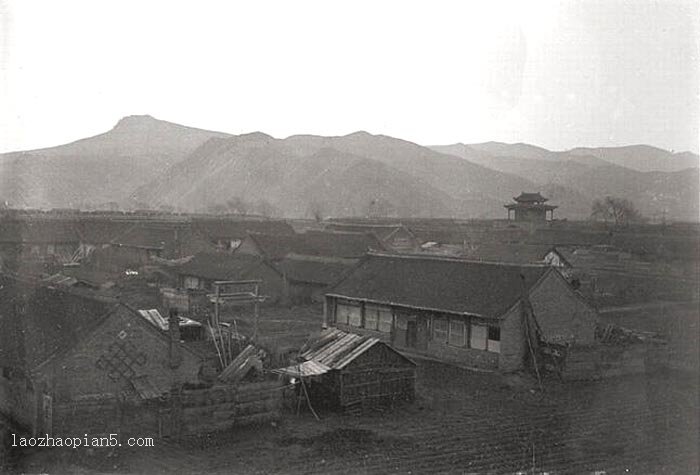
Tonghua Liangmao Muqun.
Nearby Attractions
- While visiting Liangmao Muqun, consider checking out other nearby historical and cultural sites:
- Yunfeng Reservoir Tomb Group: Another significant archaeological site.
- Dongcha Anti-Japanese Base: Learn about the history of resistance against Japanese occupation.
- Bawang Chao Mountain City Ruins: Explore ancient fortifications and military history.
- Jichan Museum: A great place to delve into local history and culture.
Local Cuisine
- Don’t miss the chance to sample local delicacies. Jilin is known for its rich culinary heritage:
- Ginseng Chicken Soup: A must-try for its health benefits and flavorful taste.
- Cold Noodles: Perfect for hot days, these refreshing dishes are a local favorite.
- Korean BBQ: Due to the region’s proximity to North Korea, Korean cuisine is prevalent and highly recommended.
Practical Tips
- Entrance Fees: Check if there are any fees for visiting Liangmao Muqun. It’s advisable to carry some cash, as not all places may accept credit cards.
- Dress Appropriately: Wear comfortable clothes and shoes suitable for walking, as the site may require some exploration on foot.
- Photography: The site offers excellent opportunities for photography, so bring your camera. However, be respectful of any signs regarding photography restrictions.
- Respect Local Customs: Be mindful of local customs and practices, especially when visiting historical and cultural sites.
Safety Considerations
- Health Precautions: Ensure you are up to date with any health advice or vaccinations recommended for the region.
- Stay Hydrated: If visiting in warmer months, carry water to stay hydrated while exploring.
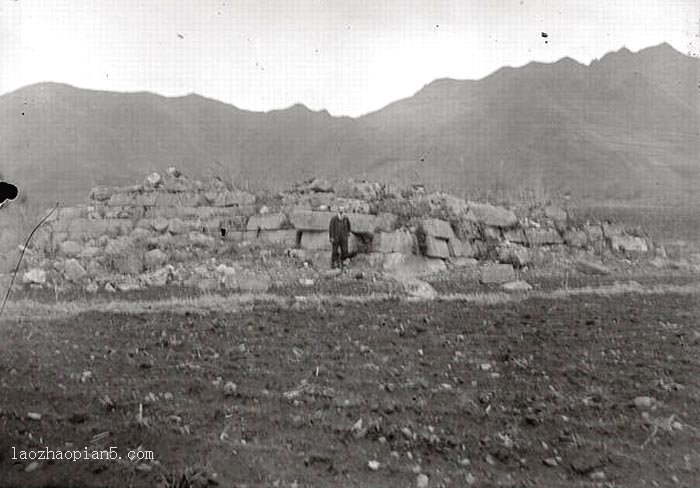
Tonghua Liangmao Muqun.
By keeping these practical tips in mind, your visit to the Tonghua Liangmao Muqun will be both enjoyable and enriching, allowing you to connect with the rich history and culture of the region.
Tickets, Hours, and Booking
When planning a visit to the Tonghua Liangmao Muqun (良茂墓群) in Jilin Province, it’s essential to know the ticketing details to ensure a smooth experience. The Liangmao tomb complex, dating back to the Han and Tang dynasties, is a significant cultural heritage site that received national recognition as a key cultural relic protection unit in 2019.
Ticket Information for Tonghua Liangmao Muqun
-
Admission Fee: The entrance fee to the Liangmao tomb complex is typically around 100 RMB per person. This fee may include access to various historical artifacts and guided tours available on-site.
-
Discounts: Students, seniors, and groups may be eligible for discounts, so it’s advisable to bring relevant identification to benefit from reduced rates.
-
Opening Hours: The site generally operates from 8:30 AM to 5:30 PM daily. However, it’s recommended to check for any seasonal variations in hours or potential closures on holidays.
-
Purchase Options: Tickets can be purchased on-site; however, during peak tourist seasons, it may be wise to buy tickets in advance through local travel agencies or official tourism websites to avoid long queues.
-
Guided Tours: For a more enriching experience, consider joining a guided tour. These tours often include expert commentary on the history and significance of the tomb complex, enhancing your visit.
-
Nearby Attractions: As part of your visit, you might want to explore nearby attractions such as the Yufeng Reservoir Cemetery and various historical sites related to the Korean War, which are easily accessible from the Liangmao tomb complex.
Tips for Visitors
- Plan Your Visit: To make the most of your time, consider visiting early in the day or later in the afternoon to avoid the busiest crowds.
- Dress Appropriately: Since the site is outdoors, wear comfortable shoes and dress according to the weather, as conditions can change throughout the day.
- Respect the Site: Being a cultural heritage site, it’s important to follow all posted guidelines and respect the ancient structures.
By keeping these ticketing details in mind, you can ensure a rewarding visit to the Tonghua Liangmao Muqun, where you can immerse yourself in the rich history of this remarkable region.
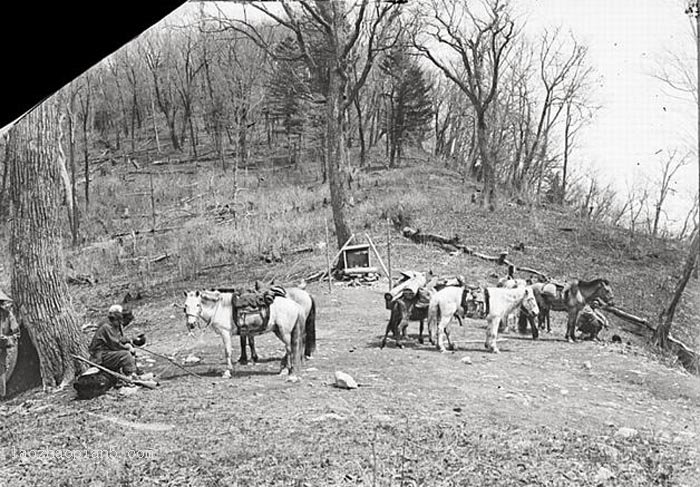
Tonghua Liangmao Muqun.
How to Get There
Getting to Tonghua Liangmao Muqun (良茂墓群) involves several transportation options, ensuring visitors can easily explore this historical site nestled in Jilin Province, China. Here’s a comprehensive guide to help you navigate your journey to this fascinating destination.
By Air
The closest airport to Tonghua is Tonghua Sanyuanpu Airport (通化三源浦机场), which serves domestic flights connecting to major cities like Beijing, Shanghai, Guangzhou, and Shenzhen. From the airport, you can take a taxi or a pre-arranged shuttle service to reach the city center or directly to the Liangmao Muqun area.
By Train
Tonghua Railway Station is a key hub in the region, offering convenient train services from many major Chinese cities. High-speed trains from cities like Shenyang and Changchun can significantly reduce travel times. Upon arrival at Tonghua Railway Station, you can easily catch a taxi or use a ride-hailing app to reach Liangmao Muqun.
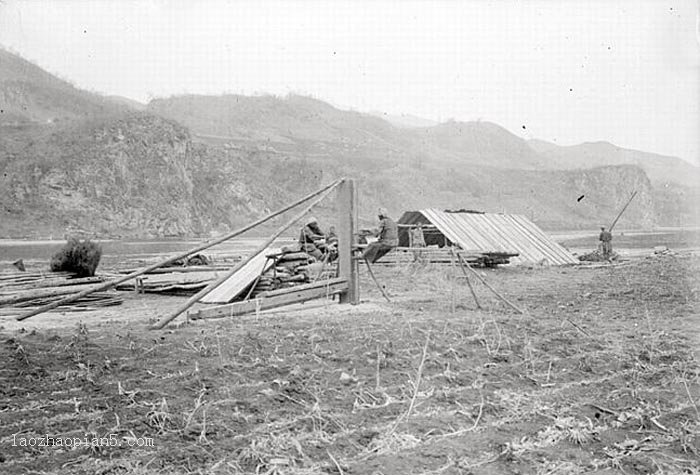
Tonghua Liangmao Muqun.
By Bus
For those traveling from nearby cities or provinces, long-distance buses are an excellent option. Tonghua has several bus stations with services regularly scheduled from cities such as Changchun and Shenyang. Once in Tonghua, local buses or taxis can take you to Liangmao Muqun.
Local Transportation
Within Tonghua, transportation is quite accessible. Taxis are widely available and are a convenient way to reach Liangmao Muqun and other attractions. Ride-hailing apps like Didi Chuxing can also be used for ease of travel. If you prefer a more local experience, public buses operate throughout the city, although routes may require some familiarity.
Self-Driving
For those who enjoy the freedom of self-driving, Tonghua is well-connected by a network of highways. Renting a car allows you to explore the beautiful landscapes of Jilin Province at your own pace. Ensure you have a GPS or a reliable map, as some rural roads may not be well-marked.
Accessibility
Tonghua Liangmao Muqun is located in a relatively rural area, so while public transportation is available, it’s advisable to plan your route in advance. If you have mobility concerns, taxis may be the most comfortable option for traveling to and from the site.
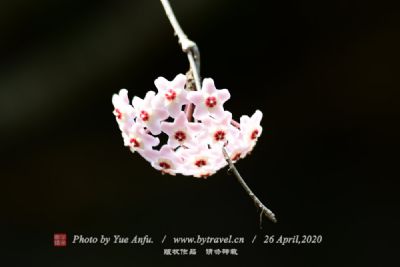
Tonghua Liangmao Muqun.
Conclusion
Whether you choose to fly, take a train, or drive, reaching Tonghua Liangmao Muqun is straightforward. This site, rich in history dating back to the Han and Tang dynasties, offers a unique glimpse into China’s past, making the journey well worth the effort. Enjoy your visit!
Local Cuisine and Accommodation
When visiting the Tonghua Liangmao Muqun (良茂墓群), a historical site in Jilin Province, it’s essential to immerse yourself in the local culture, which includes savoring regional delicacies and finding comfortable accommodations. Here are some recommendations to enhance your travel experience.
Culinary Delights
1. Goryeo BBQ (高丽火盆)
Located in Ji’an, this popular eatery serves a variety of grilled meats, including beef and pork, cooked over charcoal. Diners can enjoy a communal cooking experience while savoring side dishes like kimchi and fresh vegetables. A meal here typically costs around 40 RMB per person, making it a delicious yet affordable option.
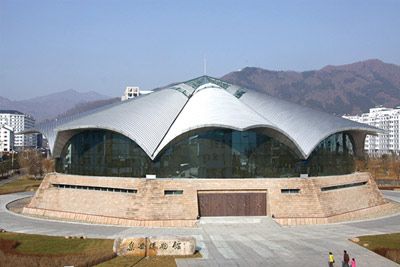
Tonghua Liangmao Muqun.
2. Tonghua Cold Noodles (通化冷面)
Perfect for hot summer days, this dish features chewy noodles served in a refreshing broth, often garnished with sliced cucumbers and boiled eggs. For an authentic taste, visit local noodle shops where the recipes have been passed down through generations.
3. Ginseng Chicken Soup (人参鸡汤)
This nourishing dish combines tender chicken with local ginseng, simmered to create a rich, flavorful broth. It’s both a comfort food and a health tonic, perfect for replenishing energy after a day of exploring the Liangmao Muqun.
4. Tonghua Wine (通化葡萄酒)
Don’t miss the chance to sample this local specialty. The wine, produced from grapes grown in the region, is known for its smooth flavor and is available for tasting at various wine cellars. Some places even offer tours of their production facilities.

Tonghua Liangmao Muqun.
5. Ji’an Hot Pot (集安火锅)
Experience the communal joy of hot pot dining, where diners cook a variety of fresh ingredients in a bubbling broth right at their table. This interactive dining style is perfect for groups and families, allowing everyone to customize their meal.
Where to Stay
1. Crown Plaza Tonghua (通化万峰北辰五洲皇冠酒店)
This upscale hotel offers modern amenities and is conveniently located near skiing resorts for winter sports enthusiasts. The on-site restaurants serve a mix of Western and traditional Chinese cuisines, ensuring a delightful culinary experience after a day of sightseeing.
2. Ji’an Goryeo Culture Hotel (集安高丽文化酒店)
For a more intimate experience, consider this boutique hotel that reflects the local culture. It features traditional decor and provides a cozy atmosphere, making it a perfect base for exploring nearby historical sites. Guests can enjoy authentic Goryeo-style meals during their stay.
3. Tonghua Jiangnan Hotel (通化江南宾馆)
Situated in the city center, this hotel offers convenient access to local attractions and eateries. The rooms are well-equipped with modern facilities, making it a practical choice for travelers looking for comfort and convenience.
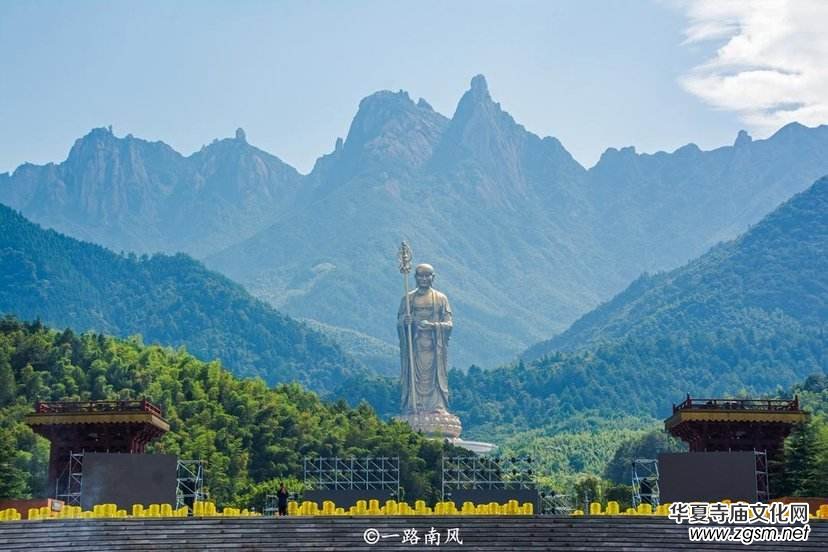
Tonghua Liangmao Muqun.
4. Guesthouses in Ji’an (集安民宿)
For a more immersive experience, look for guesthouses that offer a stay with local families. This option allows travelers to enjoy authentic home-cooked meals and learn more about the local culture and customs firsthand.
5. Dongchuan Mountain Resort (东川山庄)
Set against a beautiful natural backdrop, this resort is ideal for those seeking relaxation. It features hot spring facilities and outdoor activities, providing a perfect retreat after exploring the historical sites in the area.
Exploring the Tonghua Liangmao Muqun is not just about the historical significance; it’s also an opportunity to indulge in the rich flavors and warm hospitality of the region. Whether you’re dining at a bustling restaurant or unwinding in a cozy hotel, you’ll find that Tonghua offers a unique blend of history and culture that will make your visit unforgettable.
Frequently Asked Questions
-
What is the Tonghua Liangmao Muqun?
The Tonghua Liangmao Muqun, located in Jilin Province’s Jian City, is a significant archaeological site consisting of ancient tombs dating back to the Han and Tang dynasties. It was designated as a national key cultural relic protection unit in 2019. -
How can I reach the Liangmao Muqun?
The site is accessible by car or public transportation from Tonghua City. If you are traveling from larger cities like Changchun or Shenyang, high-speed trains and buses are available that connect to Tonghua, followed by local transport to Jian City. -
What are the opening hours of the Liangmao Muqun?
The site typically opens from 8:30 AM to 5:30 PM, but it is advisable to check ahead for any changes in schedule or special events that may affect access. -
Is there an entrance fee for visiting the Liangmao Muqun?
Yes, there is an entrance fee to visit the site, but the exact amount may vary based on the season and any special exhibitions. It is best to check the official tourism website or inquire locally for the latest pricing. -
Are there guided tours available?
Guided tours are often available and can enhance your understanding of the historical significance of the tombs. You can inquire about these tours at the entrance or through local tour agencies. -
What should I wear when visiting the Liangmao Muqun?
Comfortable walking shoes are recommended due to the uneven terrain. Additionally, dress in layers to accommodate changing weather, especially if you plan to explore the area during spring or autumn. -
Are there nearby attractions worth visiting?
Yes, several nearby sites include the Yunfeng Reservoir Tomb Group, the historical Jian City, and the scenic areas along the Yalu River. Many visitors also explore local museums showcasing the region’s rich history. -
Is the Liangmao Muqun suitable for families with children?
Absolutely! The site can be educational and fun for children, providing an opportunity to learn about ancient Chinese history. However, ensure young children are supervised, as some areas may have uneven ground.
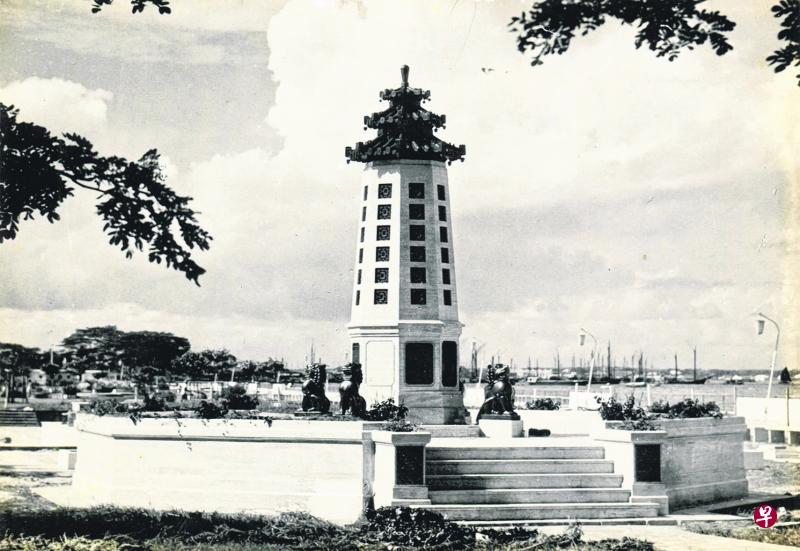
Tonghua Liangmao Muqun.
Final Thoughts on Your Trip
Visiting the Tonghua Liangmao Muqun is not just a journey through ancient tombs; it’s an immersive experience into the rich tapestry of history that shaped this region. As you walk among the remnants of the Han and Tang dynasties, you’ll find yourself connecting with the spirits of the past, contemplating the lives of those who once thrived in this land. Recognized as a national key cultural relic protection unit since 2019, these tombs offer a glimpse into the artistry and significance of the ancient burial practices.
Beyond the tombs, the surrounding city of Tonghua presents a harmonious blend of nature, culture, and history. With its stunning landscapes, diverse attractions, and culinary delights—such as the famed Tonghua grape wine—you’re bound to find something that captures your imagination. Whether you’re an avid history buff, a nature lover, or simply in search of a unique travel experience, Tonghua and the Liangmao Muqun promise an unforgettable adventure.
As you leave, carry with you the stories of the past and the beauty of the present, knowing that each step you take in this remarkable place is part of a larger narrative that transcends time. Embrace the journey, explore the depths of history, and let the spirit of Tonghua inspire your next adventure.

